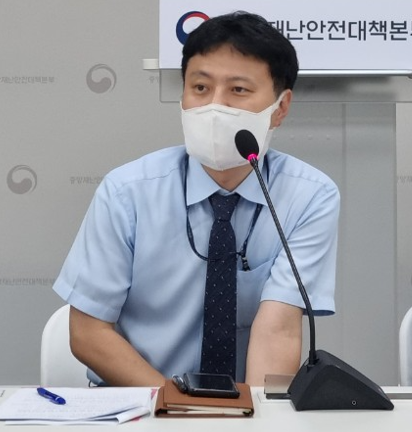Health-welfare ministry to manage sales agents’ expenditure report data
Early this year, the government said it would step up efforts to prevent contract sales organizations (CSOs) from serving as the counter for illegal rebates, obligating sales agencies to prepare expenditure reports.
Last Friday, the Ministry of Health and Welfare went further, saying it would manage expenditure reports by including them in its data system.

So far, the ministry has allowed CSOs to make public their expenditure reports on their websites. From now on, however, it will make them submit their report through its management system to prevent possible irregularities preemptively.
“Pharmaceutical companies also complain that they experience difficulty managing and supervising CSOs if they write false expenditure reports,” said Ha Tae-gil, director of the ministry’s Pharmaceutical Policy Division, at a meeting with reporters. “Now that the ministry has already obligated them to submit expenditure reports, it is establishing a system to collect and analyze submitted reports.
Ha explained that the ministry has assigned establishing the system to the Health Insurance Review and Assessment Service (HIRA), armed with such know-how. However, he added that the ministry would have to discuss the matter with the Ministry of Finance and Economy because the project requires larger spending than expected.
According to amendments to the Pharmaceutical Affairs Act and the Medical Appliances Act, CSOs are defined as those who intend to perform their duties of selling and promoting pharmaceutical products and medical devices entrusted to them. Those who intend to work as CSOs must report to their cities, counties, or districts. If they perform CSO business without reporting, they will be fined up to 30 million won ($22,900) or a jail term of up to three years.
Those who entrust the business to unreported CSO will also face similar penalties.
An amendment to the Medical Service Act also banned medical professionals or founders of medical institutions from receiving illegal rebates from CSOs.
“Currently, there is confusion about the precise definition of CSOs, as some act as individuals. But, on the other hand, some belong to a pharmaceutical company but work for other firms,” Ha said while explaining the background for introducing the reporting system.

